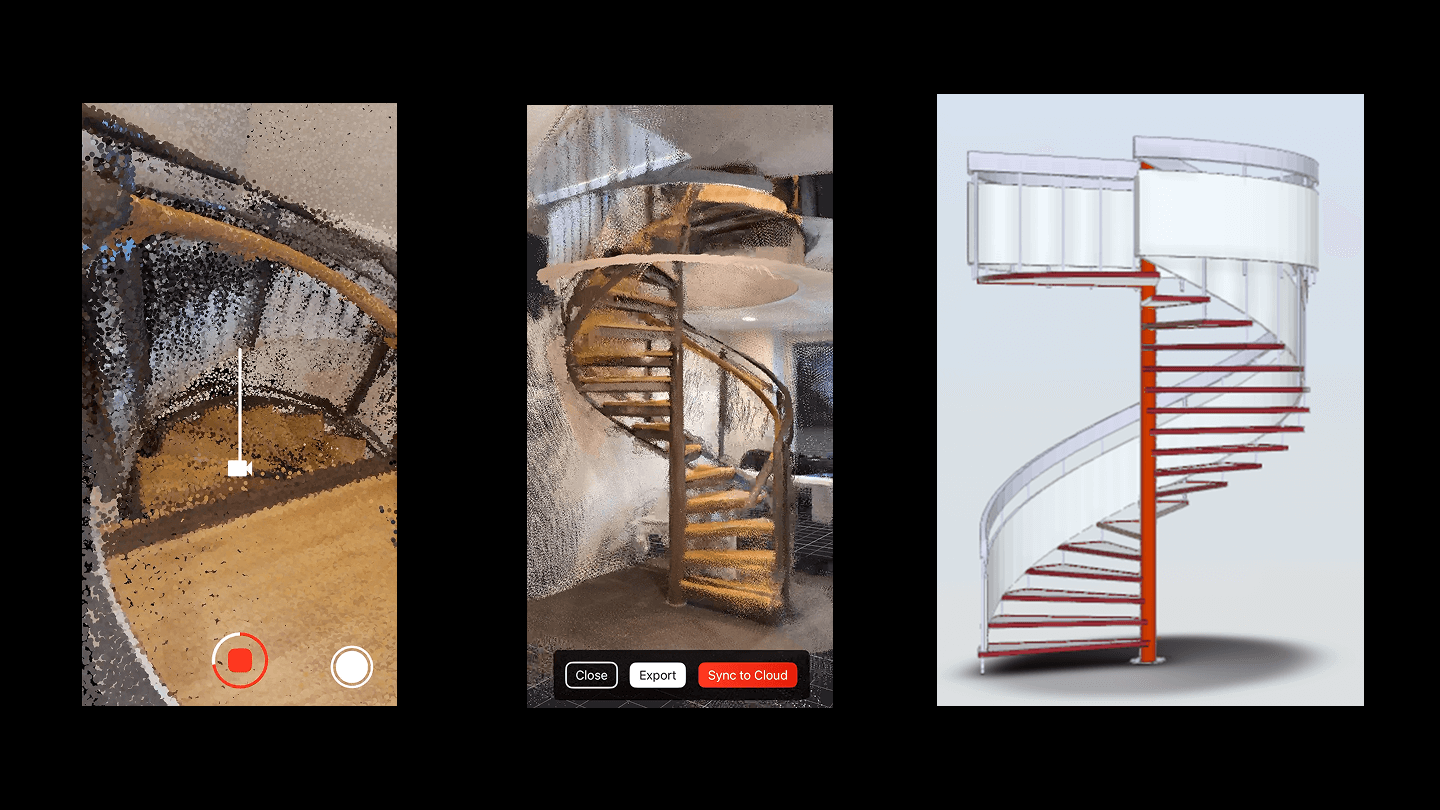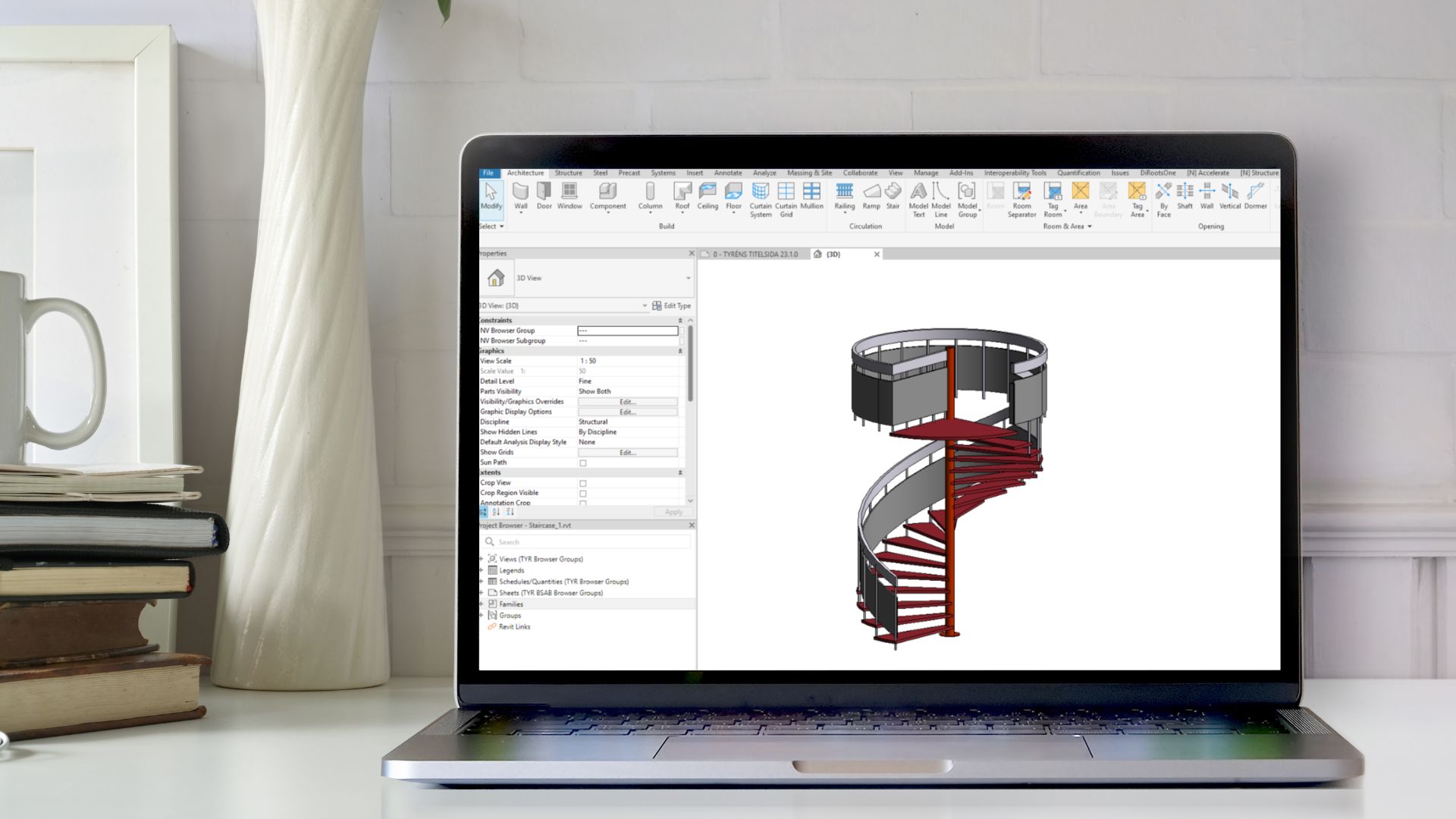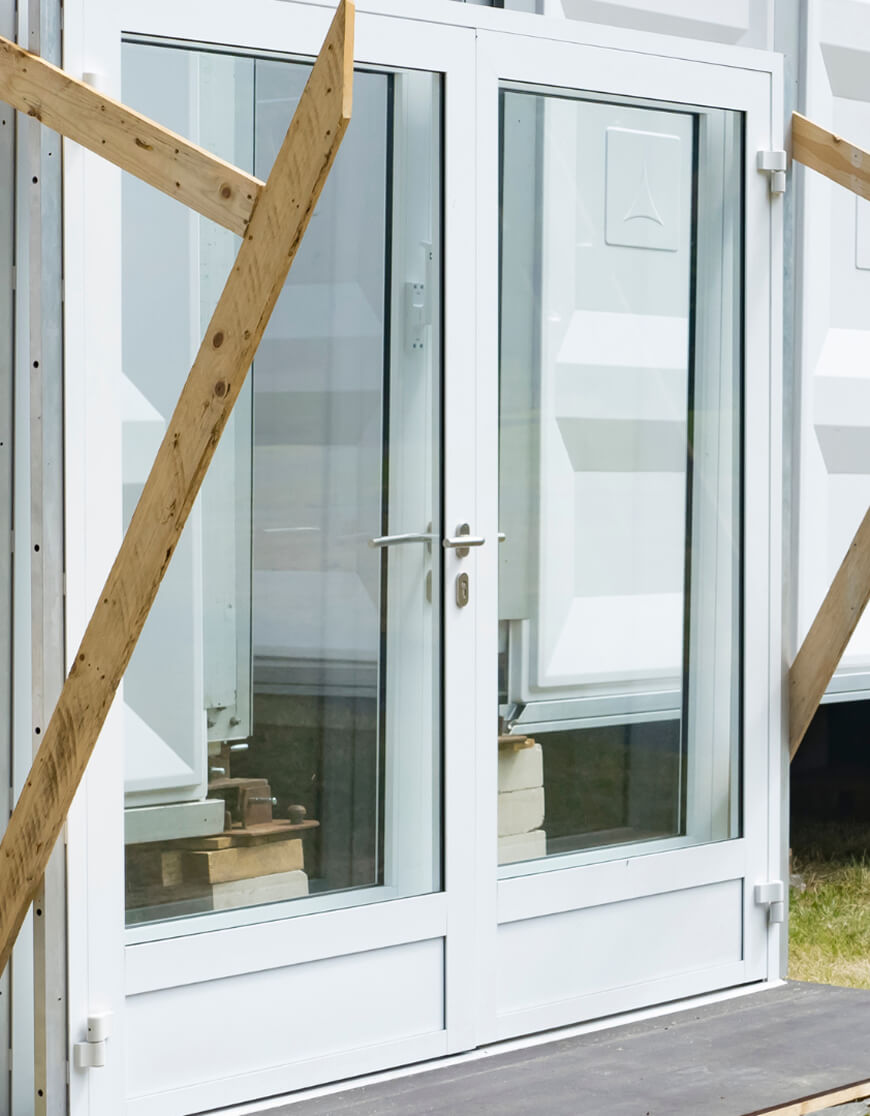
CircularScan
Enabling circular construction—through fast, reliable scanning of reuse materials.
CircularScan simplifies reuse in the construction sector by enabling fast, mobile LiDAR scanning of building components. The service turns real-world objects into BIM-ready digital models—ready for planning, verifying, or resale.

What’s holding back scalable material reuse in construction?
The construction industry generates vast amounts of waste—much of it valuable materials that could be reused. Yet reusing components is often neglected due to the lack of accurate documentation and the time-consuming nature of manual measurements. Valuable objects go unused simply because they aren’t visible in planning tools.
Without proper digital data, it's hard to verify fit, quality, or value. This slows down the circular transition of construction practices and limits sustainability in real estate and public infrastructure projects. Moreover, without scalable digital tools, reuse remains a niche activity with little impact on the broader market.
.png)
Digitizing Reuse, Empowering Design
With CircularScan, discarded building elements are captured, modeled, and made digitally accessible—enabling architects and planners to confidently integrate reclaimed materials into future projects.
Turning building waste into digital assets for circular construction.
CircularScan delivers a streamlined, professional service that digitizes discarded building components for reuse in planning and sales. Using a mobile device equipped with LiDAR, objects—such as doors, windows, stairs, or other unique construction parts—are quickly scanned on-site. These raw 3D captures are then cleaned, modeled, and processed by our team.
The result is a high-quality IFC file that aligns with industry BIM (Building Information Modeling) standards. This output can be immediately integrated into digital planning environments, allowing architects, planners, and procurement teams to assess fit, value, and compatibility early in a project.
Crucially, the process is fast—going from object to digital model in minutes for scanning and days for final output. This dramatically reduces manual measurements, minimizes errors, and increases cost efficiency. Add-on services such as structural integrity checks, environmental assessments, or architectural context modeling provide extra layers of decision-making support. By making reuse items digitally visible and verifiable, CircularScan enables a shift from ad hoc reuse to scalable, systemic circular construction.

2.5
Accuracy range of mobile LiDAR scans
250
Potential increase in resale value of scanned reuse items
Meet the team behind CircularScan.
A dedicated team of engineers, designers, and digital construction experts working to make circular building practical—and scalable. With deep knowledge in structural design, BIM, and 3D scanning technologies, we created CircularScan to bring reuse materials into the digital planning process. Our goal: unlock the full potential of circular construction by making valuable components visible, verifiable, and ready to use.
.png)
.png)



